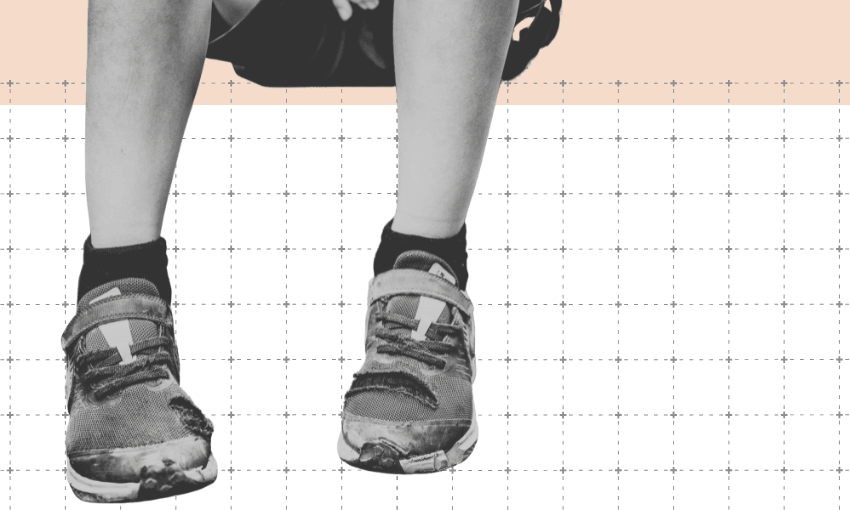There is a glimmer of positivity, bit I am saddened that to gain it we have had to enact ineffective ‘get tough’ measures instead of being truly transformative, writes Fiona Hutton
The Misuse of Drugs Amendment Bill has passed its final reading and will come into law in the near future. More than anything, I want to join in the chorus of positive sentiment around this bill, particularly because people and organisations I admire and am inspired by have encouraged it through its at times rocky ride in parliament. But I just can’t be wholly positive about the changes the bill will engender.
Let’s also be crystal clear that the bill does not decriminalise all drugs, as some online enthusiasts have suggested; it legalises police discretion in deciding whether to prosecute and directs police to use a health-based rather than a criminal approach.
This is not the same as decriminalising all drug use. And herein lies one of the problems – embedding discretion further into our justice system will deepen existing inequalities. The use of discretion will continue to over-police already stressed and marginalised communities often subject to the harshest policing practices.
Most of the proposals in the bill add to the failed, outdated Misuse of Drugs Act 1975 and the ineffective “war on drugs”: the reclassifying of AMB-FUBINACA and 5F-ADB as class A drugs; the creation of temporary class orders, all enacted as “get tough” measures to address the harms from synthetic cannabinoids.
Unfortunately, these kinds of measures do not work in effectively addressing or reducing the harms from drug use, nor do they effectively reduce or address the demand for drugs like synthetic cannabinoids. “Getting tough” on drugs and those who supply them has not helped us in over four decades of the “war on drugs” – it has filled prisons with low-level users and dealers, often suffering from addictions themselves.
Prisons are not full of drug “kingpins”, they are filled with our most vulnerable and marginalised populations. “Getting tough” and “cracking down” has not reduced the demand for drugs, either; drugs of all kinds are freely available globally and a recent World Drug Report noted that drug markets were “thriving”.
So why go down this path when we know it doesn’t work and causes harms rather than reduces them?
It feels like there is a glimmer of positivity among a host of hardline, non-evidence-based measures and I am saddened that to gain it we have had to enact ineffective “get tough” measures instead of being truly transformative.
Although I am saddened by these measures, I am heartened by the call to treat drug use as a health and social issue rather than a criminal one, and that this is an approach our government is striving for – this is something we should be shouting from the rooftops, getting behind and being proud of. In a punitive “get tough” climate, it is an incredible gain and a credit to the tireless work of MPs and their supporters who got this over the line – they are to be applauded.
So why am I so pessimistic? Perhaps I am just impatient and want to see sweeping, transformative changes to drug laws that have been allowed to cause harms for far too long. Perhaps I am just frustrated by the continuation of ineffective “get tough” rhetoric. And perhaps more than anything I want to see New Zealand truly lead the way in transforming approaches to drug use, without having to fall back on “cracking down” and “getting tough”.
Perhaps I should focus on the glimmer of positivity and hope it will be the beginnings of more far-reaching change to bring our drug laws out of the dark ages. As the indomitable Miss Maudie says in To Kill a Mockingbird, “we’re making a step – it’s just a baby-step, but it’s a step”, and maybe I should be satisfied with that?
Dr Fiona Hutton is a Senior Lecturer in Criminology in the School of Social and Cultural Studies at Victoria University of Wellington





